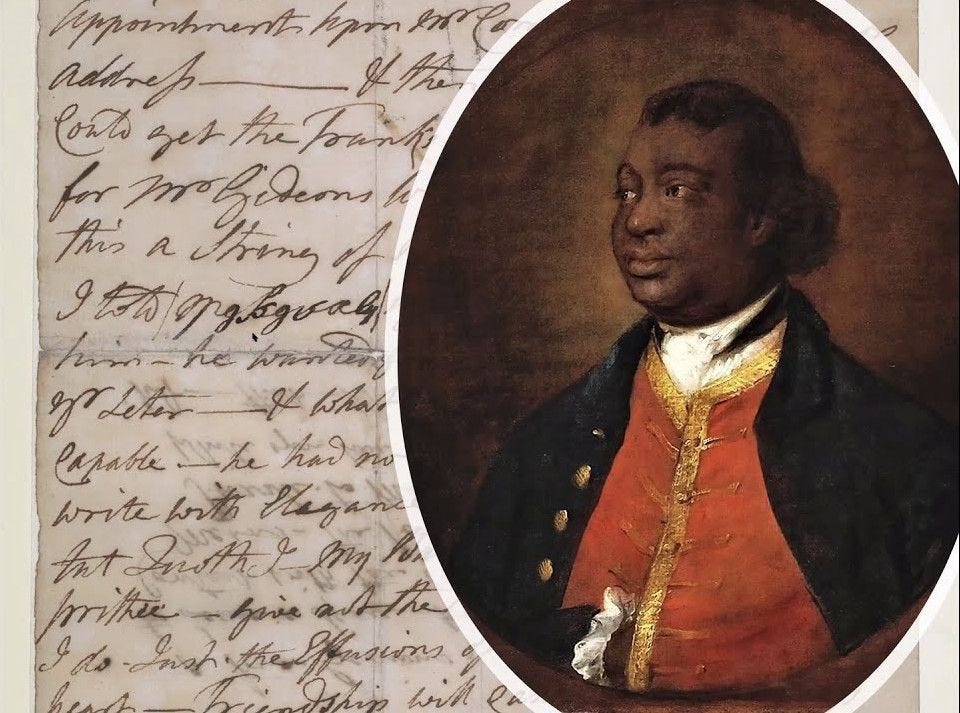Who killed the Jersey Shore's famous Fudge King?
From Tom Donaghy for The Atavist: "In the early 1960s, Harry had a string of Copper Kettle Fudge shops up and down the Shore. So revered were his stores that Harry was known far and wide as the Fudge King. He was even in talks to build a fudge factory—something that would’ve taken his Willy Wonka–ness to the next level—when he was savagely beaten to death on Labor Day 1964. His body was stuffed under the dashboard of his Lincoln Continental, parked at an after-hours nightclub called the Dunes. The case was never solved. I spent the next two years sorting through a trove of whispers and accusations around the murder. At first I was just curious, but the more I learned about Harry—a figure beloved by friends and strangers alike—the more intent I was to identify his killer."
Researchers who became famous for studying honesty are accused of making up data
From Gideon Lewis-Kraus for The New Yorker: "Honesty researchers have found that fewer people lie about a coin flip—a binary outcome—than exaggerate the number on a die roll, reporting that they rolled a four when they actually rolled a three, especially if a four had come up on a test roll. Ariely has long used conclusions like these to maintain that most people lie a bit. Other researchers argue that the averages are misleading: most people don’t really lie much, but some people are prone to lie a lot. It now seems as though the “fudge factor” was less of an explanation of a phenomenon than a license for it—yet another just-so story about why a little deceit isn’t so bad after all. “I’ll tell you what the research on dishonesty says, but all that came from Dan and Francesca!” the former senior researcher said. “It’s like everything we know about this situation comes from the data that might have been fabricated.”
Ignatius Sancho was the first known Black person to vote in a British election, in the 1700s
From Public Domain Review: "Known during his lifetime as "the extraordinary Negro", Ignatius Sancho (c.1729–1780) was the first known Black Briton to vote in a British election, and the first person of African descent known to be given an obituary in the British press. After his parents died, Ignatius, just two years old, was brought by his master to England, and given to the man's three maiden sisters who lived in Greenwich. The sisters bestowed upon little Ignatius his surname, from a fancied resemblance to the Squire of Don Quixote. After being befriended by the Duke of Montago, Sancho learned to read and eventually became well known in the literary and artistic circles of the day. At the height of the debate about slavery, in 1766, Sancho wrote to the novelist Laurence Sterne asking him to help lobby for the abolition of the slave trade."
Keep reading with a 7-day free trial
Subscribe to When The Going Gets Weird to keep reading this post and get 7 days of free access to the full post archives.






